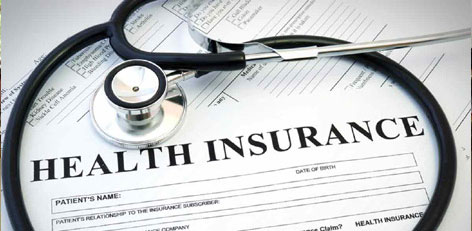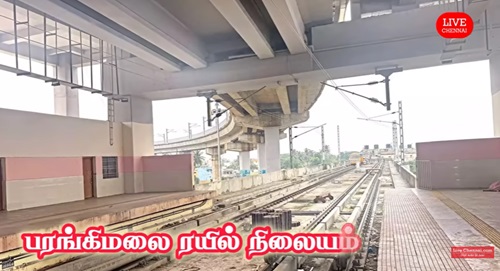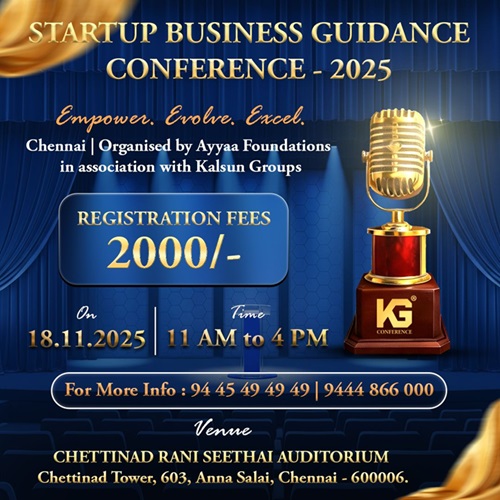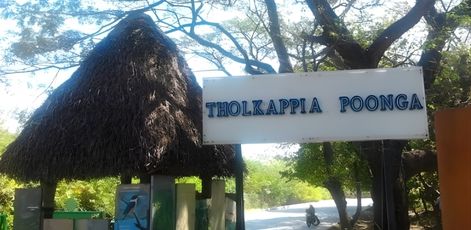Health Insurance Awareness Rises In India

A major shift is emerging in India’s personal finance mindset. After the GST reduction in September 2025, demand for comprehensive health insurance policies jumped by 38%, reflecting growing awareness about rising medical costs.
Average health coverage has increased from ₹13 lakh to ₹18 lakh, with 45% of buyers choosing plans in the ₹15–25 lakh range. Consumers are moving beyond basic plans and opting for policies that match real healthcare expenses.
Outpatient costs—doctor visits, diagnostic tests and follow-ups—are now a significant part of household budgets, especially due to lifestyle diseases. Plans with OPD, preventive care and diagnostic benefits are gaining popularity.
Experts warn that without proper health insurance, families may be forced to use savings, emergency funds or redeem investments during medical emergencies. Starting early offers lower premiums, fewer exclusions and uninterrupted long-term protection.
Government schemes like PM-JAY support low-income families, but most middle-income households depend on private insurance to fill coverage gaps.
Modern health insurance now includes mental wellness, teleconsultations, home care and preventive screenings shifting from treatment to proactive health management.
With healthcare costs rising sharply, financial planners say health insurance is no longer just an add-on it is the first and most essential investment for long-term financial stability.







